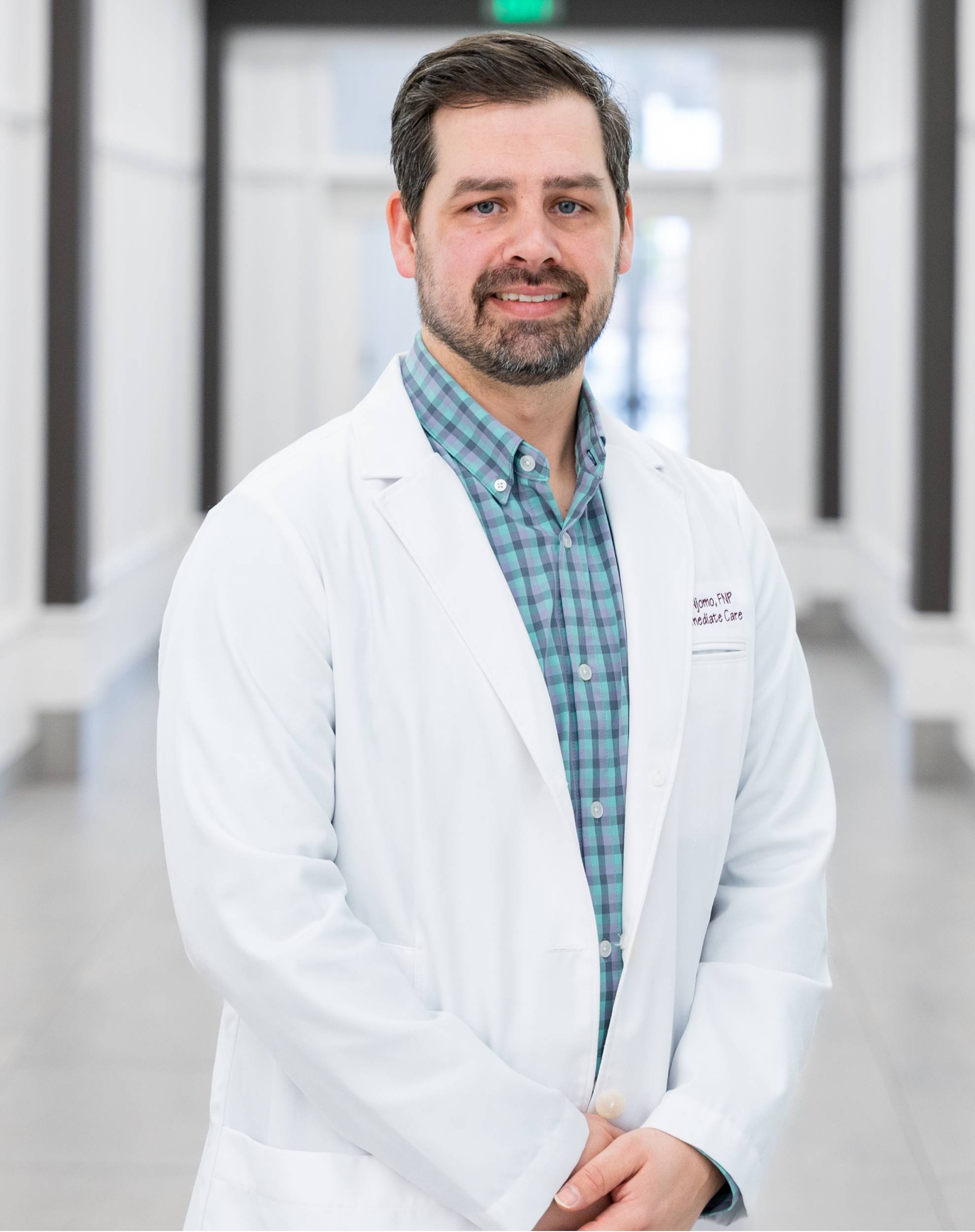Did you know that stomach ulcers ― also called peptic ulcers ― affect at least 1 in 10 Americans over the course of their lives? And while stomach ulcers can be treated easily when caught early, lack of medical care can lead to serious complications.
Understanding the signs of stomach ulcers is important in helping you get the treatment you need. At Prima Medicine in Fairfax and South Riding, Virginia, our care team has the experience and knowledge to diagnose and treat stomach ulcers. We’ve curated this guide to help you recognize the warning signs of an ulcer and understand what you can do about it.
What are stomach ulcers?
There are two kinds of stomach ulcers: gastric ulcers and duodenal ulcers. Gastric ulcers are sores on the lining of your stomach. Duodenal ulcers are sores on the upper section of your small intestine.
Your body creates a protective layer of mucus to shield the linings of your stomach and small intestine from the harsh stomach acid required to break down food. When the mucus layer is worn away or doesn’t function properly, the acid begins to damage the lining of the stomach or small intestine, creating an ulcer. Many people believe spicy foods or stress cause ulcers, but while these can exacerbate existing ulcers, they don’t actually cause them.
Ulcers are usually caused by an infection from a common bacteria called helicobacter pylori or from the habitual use of nonsteroidal anti-inflammatory drugs, such as aspirin. Other factors, such as being older than age 50, smoking, genetics, steroid use, and frequent alcohol use, can increase your risk of developing an ulcer.
What are the signs of an ulcer?
The signs of a stomach ulcer can range from mild to severe. Here are the top five signs you may have an ulcer:
1. Dull, burning pain
The most common sign of a stomach ulcer is dull, burning pain in the stomach area. This pain typically appears between meals when your stomach is empty. It may last only a few moments, or it could last for hours.
2. Indigestion or heartburn
Ulcers can increase the feeling of indigestion or heartburn, a burning feeling near your heart or upper stomach that happens when stomach acid flows up into your esophagus. If you notice increased instances of indigestion or heartburn, a stomach ulcer could be to blame.
3. Nausea or vomiting
Stomach ulcers can make you feel sick to your stomach, especially early in the morning after going for a long time without food. Ulcers trigger an inflammatory response in the stomach, which can cause stomach contractions. If they get strong enough, you may experience vomiting.
4. Change in stool color
If you notice your stool looks black, which is the color of digested blood, this could be a sign of a bleeding ulcer. Bleeding ulcers are a serious medical condition and require urgent attention.
5. Unexplained weight loss
Sometimes stomach ulcers create a block in the digestive system due to the inflammation they cause. This can prevent food from moving through your stomach, leading to weight loss and a decrease in appetite.
Physicians and Providers at Prima Medicine who treat Ulcers and Peptic disease
Schedule your Televisit or In Person Appointment Today
How can I be sure it’s an ulcer?
The only way to be sure an ulcer is causing your discomfort is with a medical diagnosis. We will evaluate your medical history and conduct a thorough physical examination.
To determine the root cause of your ulcer, we may run blood, stool, or breath tests. These tests are designed to look for signs of helicobacter pylori, the bacteria linked to ulcers.
Depending on your unique symptoms, we may also order an endoscopy. During an endoscopy, we insert a tube with a tiny camera down your throat and into your stomach to take pictures of any potential damage and collect tissue samples for analysis.
What treatments are there for ulcers?
Your treatment will depend on the cause of your ulcer. For example, if our tests indicate that an infection caused by helicobacter pylori is what created your ulcer, we’ll give you antibiotics to eliminate the bacteria.
Regardless of the cause, medications that help reduce the level of acid in your stomach can help the ulcer heal. And different lifestyle changes can accelerate healing as well, such as eliminating certain foods, abstaining from alcohol, and practicing stress management.
In severe cases, surgery may be required. Your provider at Prima Medicine will work with you to create a treatment plan for your situation.
If you have a stomach ulcer or want to see if you do, we can help. To learn more, book an appointment online or over the phone with Prima Medicine today.









